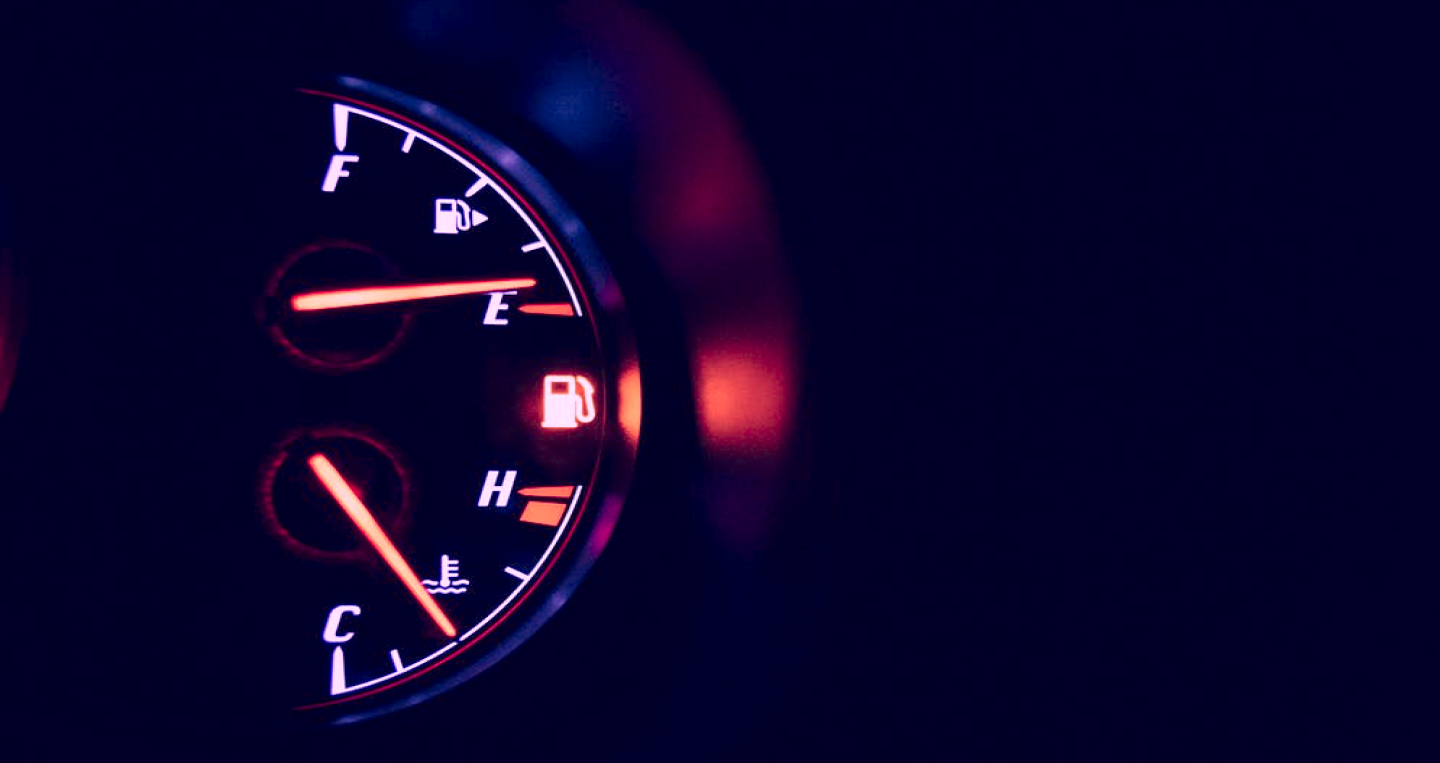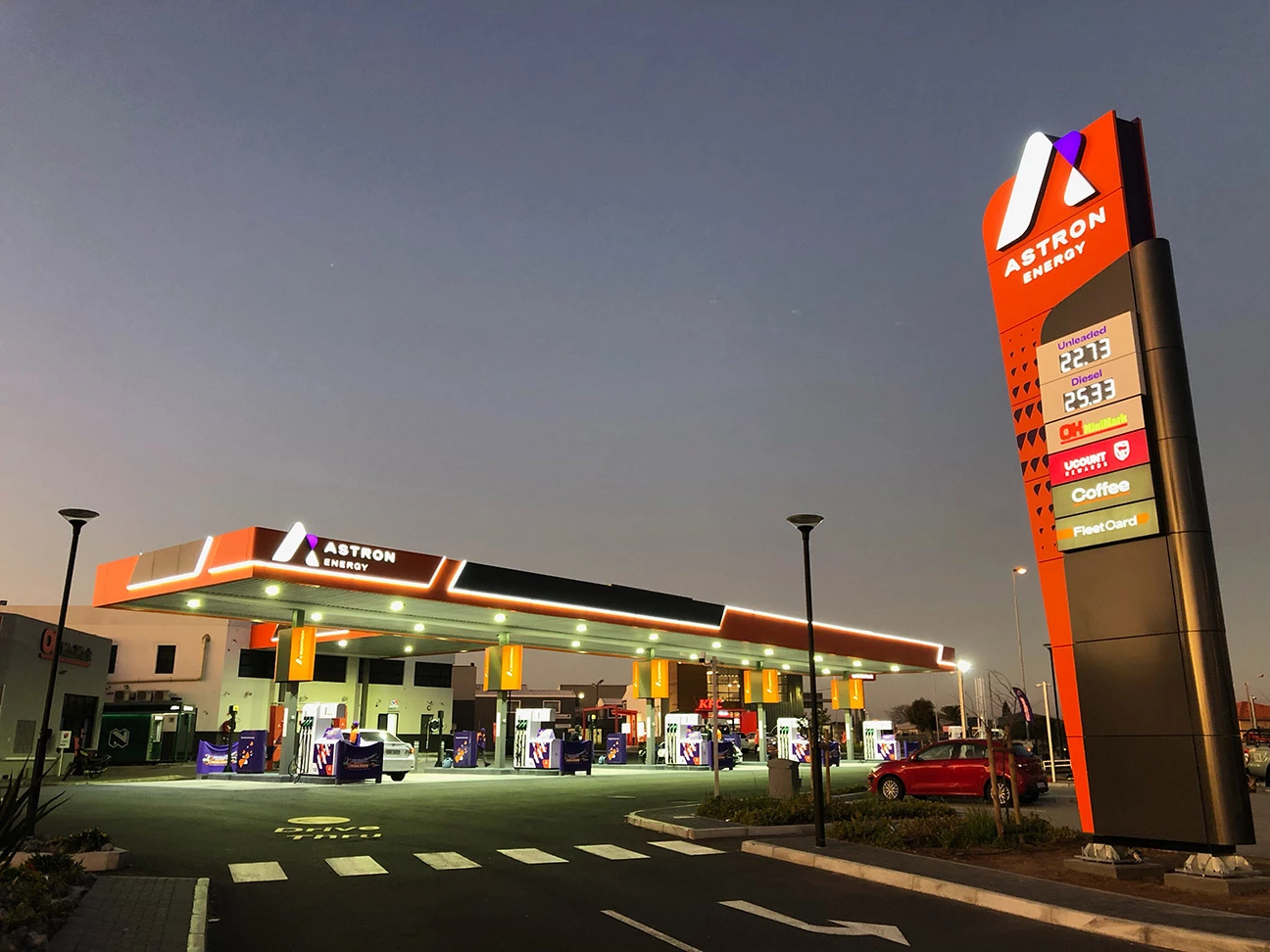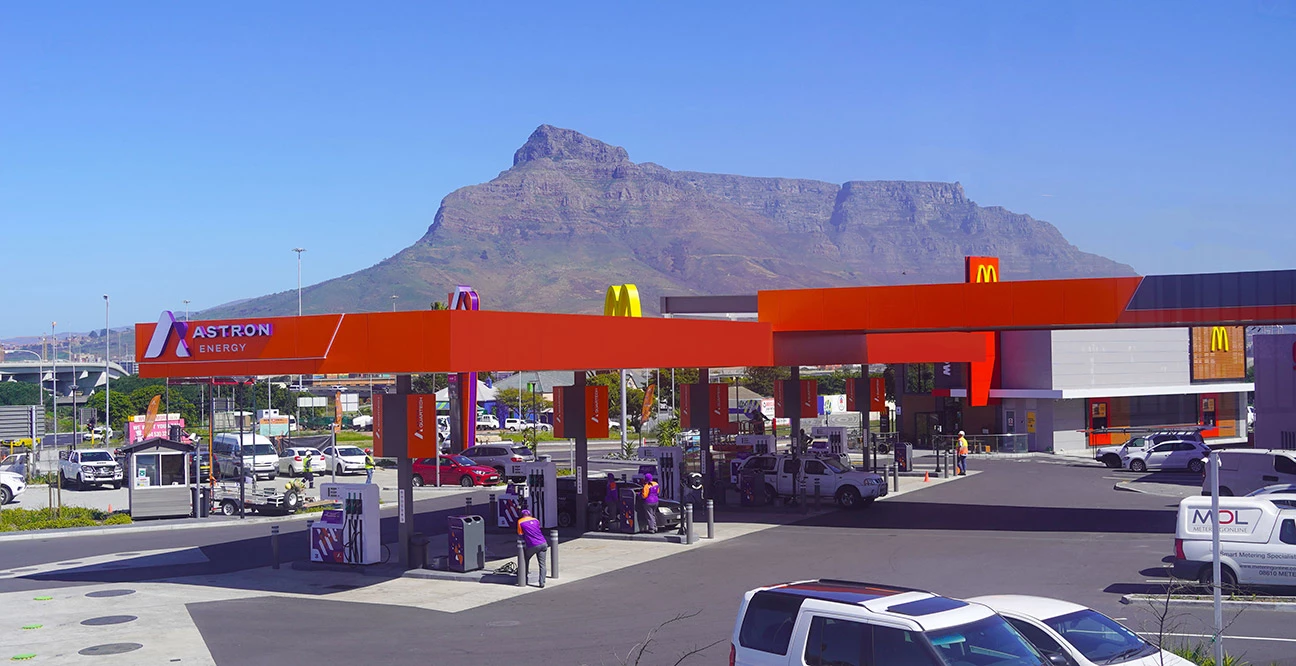MYTH: DIESEL IS A FADING STAR
Diesel has a higher energy content than petrol and, as any commercial fleet owner will attest, offers great driving range, stronger low-end torque for towing and hauling, greater fuel efficiency, and better truck engine durability. At present, no other fuel or technology can match this combination, which explains why it’s the technology of choice for nearly all heavy-duty commercial trucks today. Continuous improvement in emissions reductions and improving efficiency will ensure that diesel retains its status in virtually every economic sector.
Tackling the challenges of greenhouse gas emissions requires an intensive approach, which explains the constant pressure to produce low-emission diesel engines for a range of equipment and vehicles. With this pressure, the industrial sector can expect continued improvements in energy efficiency and nearer-to-zero emissions of nitrogen oxides (NOx), integration with battery and hybrid-electric drive systems, and the eventual use of renewable biodiesel fuels. It’s therefore safe to assume that diesel will continue to dominate and compete at the highest level by continuous improvement of its core technology for many decades to come.

MYTH: ALTERnative fuels and engines will soon replace diesel
Today’s mobility systems face an uphill battle in meeting future demand without increasing congestion and pollution. That’s why the World Economic Forum (WEF) is promoting a global mobility system that is safe, clean, and inclusive. Modern diesel technology is a substantial contributor to this objective – with today’s cleanest engines reducing particle emissions and nitrogen oxide by more than 90 percent, even in industrial applications.
The widespread availability and reliability of diesel means affordable mass transportation for people from all walks of life. Key sectors of the economy including goods movement, construction, mining, agriculture, and power generation all rely substantially on diesel engines.
Research has shown that whereas some alternative fuels result in lower emissions during the combustion process, the production of the specific fuels itself may result in higher levels of emissions, thus counteracting their purpose. Another snag is that energy shortages in many countries, including South Africa, mean that electricity used to charge EVs may yet be produced by using fossil fuels, similarly counteracting the purpose. As a result, commercial fleet operators remain sceptical about the performance of alternatives compared to diesel, and there is still a long way to go before large-scale adoption.
It’s still early days for technologies such as electric and hydrogen fuel cells, and only once they’ve made sufficient progress in terms of performance and infrastructure, will the transportation industry look at making a gradual transition. Even then, it will most likely be in a hybrid format, where a diesel engine combines with an electric motor.










